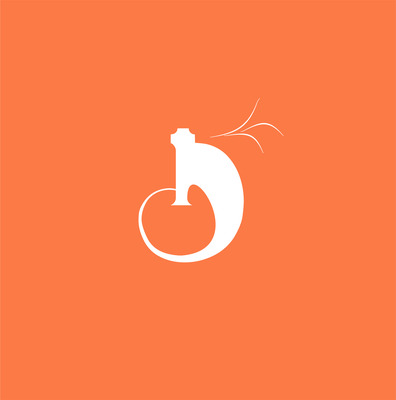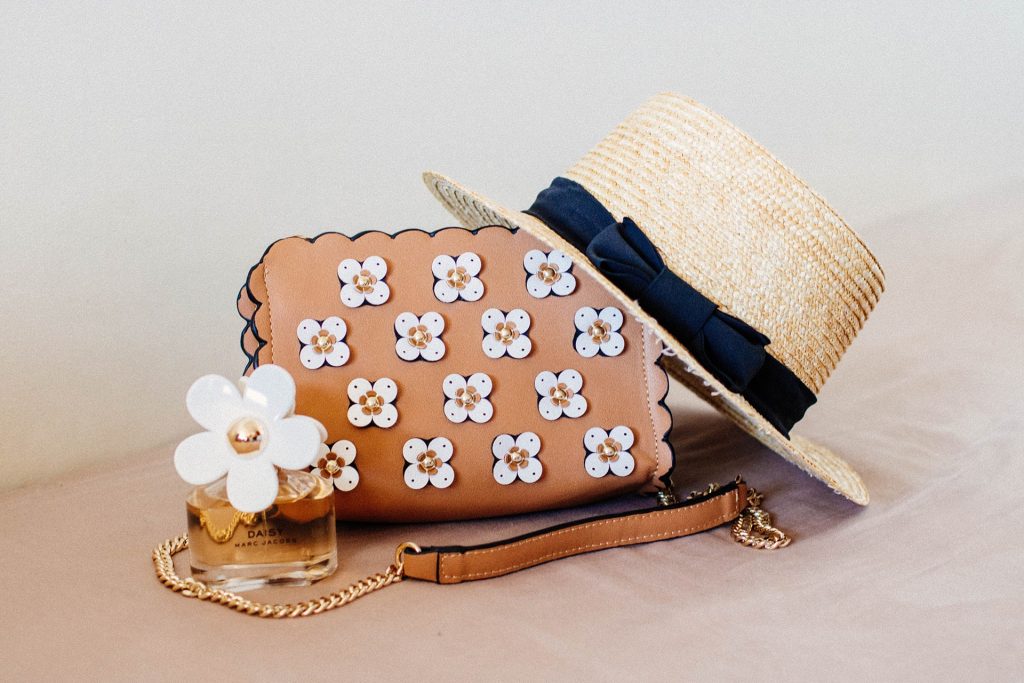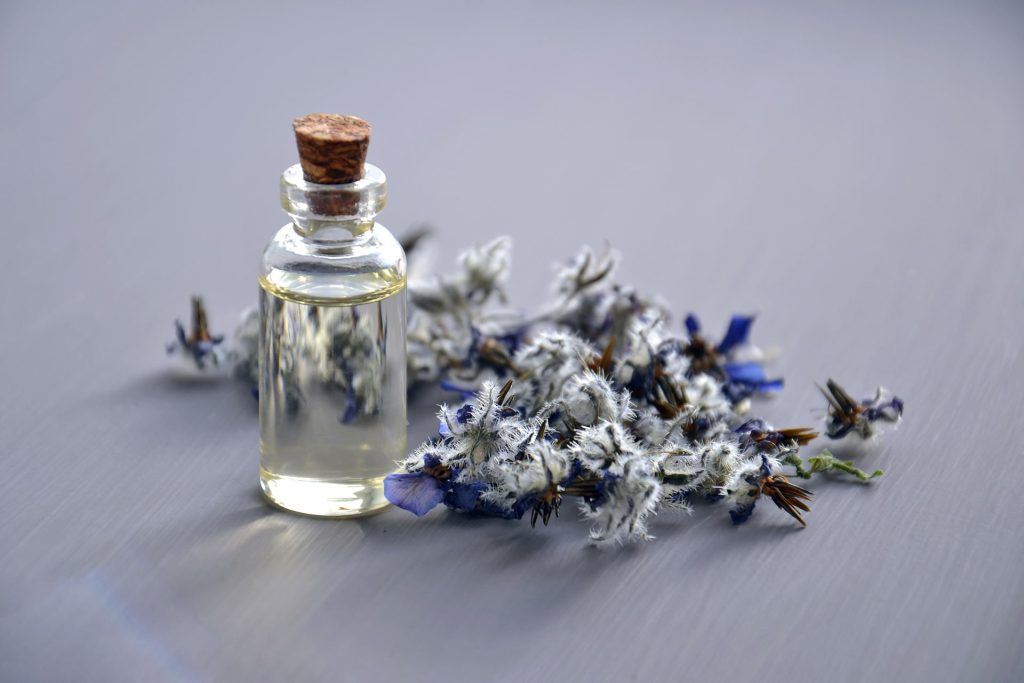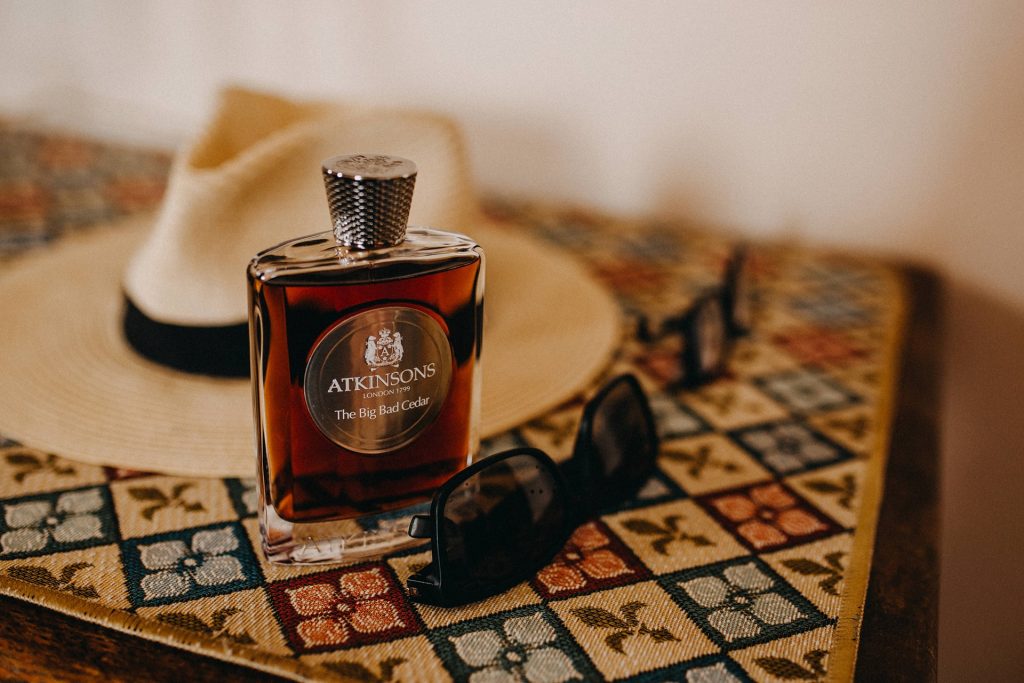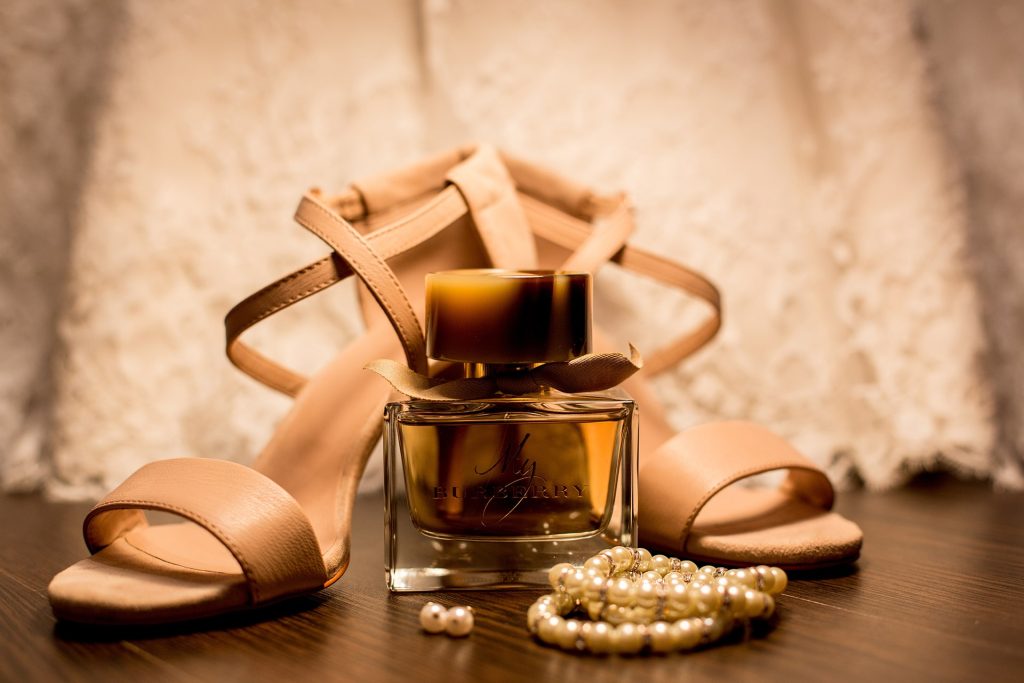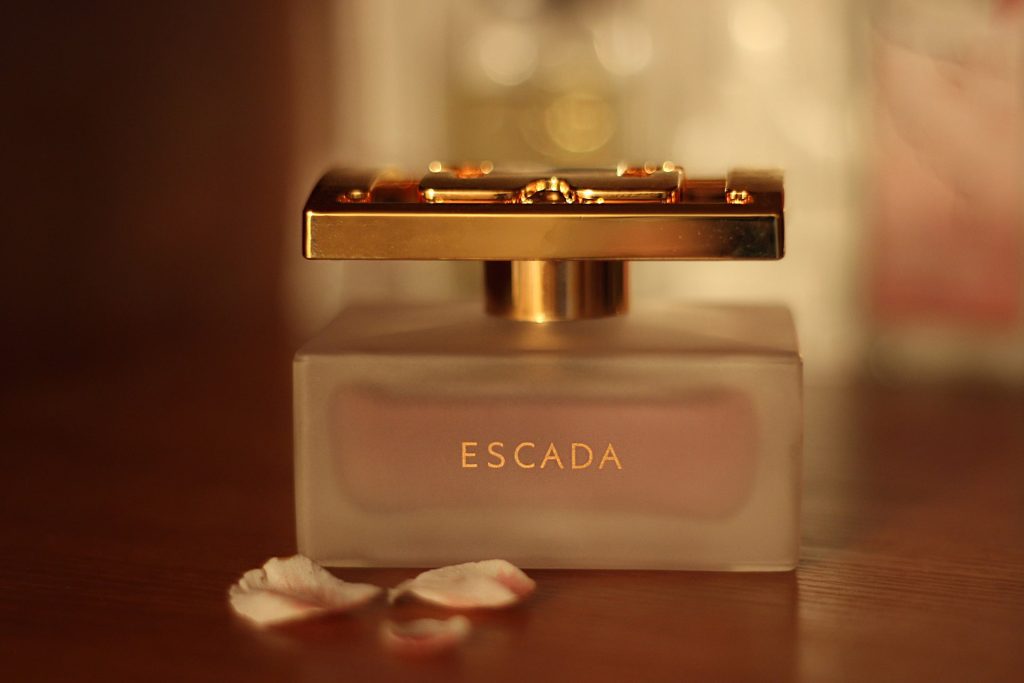The precise formulae of commercial perfumes are kept secret. Even if they were widely published, they would be dominated by such complex ingredients and odorants that they would be of little use in providing a guide to the general consumer in description of the experience of a scent.
Perfume must not be linked just to fashion because that means that one day it will go out of style.
Thierry Mugler
The most practical way to start describing a perfume is according to the elements of the fragrance notes of the scent , all of which affect the overall impression of a perfume from first application to the last lingering hint of scent.
Olfactive families
The grouping perfumes can never be completely objective or definitive. Many fragrances contain aspects of different families. Even a perfume designated as “single flower” will have subtle undertones of other aromatics. There are hardly any true unitary-scent perfumes consisting of a single aromatic material.
Fragrance notes
Perfume is described in a musical metaphor as having three sets, making the harmonious scent accord. The notes unfold over time, with the immediate impression of the top note leading to the deeper middle notes, and the base notes gradually appearing as the final stage. These notes are created carefully with knowledge of the evaporation process of the perfume.
- Top notes: Also called the head notes.
- Middle notes: Also referred to as heart notes.
- Base notes: The scent of a perfume that appears close to the departure of the middle notes.
History of perfume
The word perfume derives from the Latin perfumare, meaning “to smoke through”. Perfumery, as the art of making perfumes, began in ancient Mesopotamia, Egypt, the Indus Valley Civilization and maybe Ancient China. It was further refined by the Romans and the Arabs.
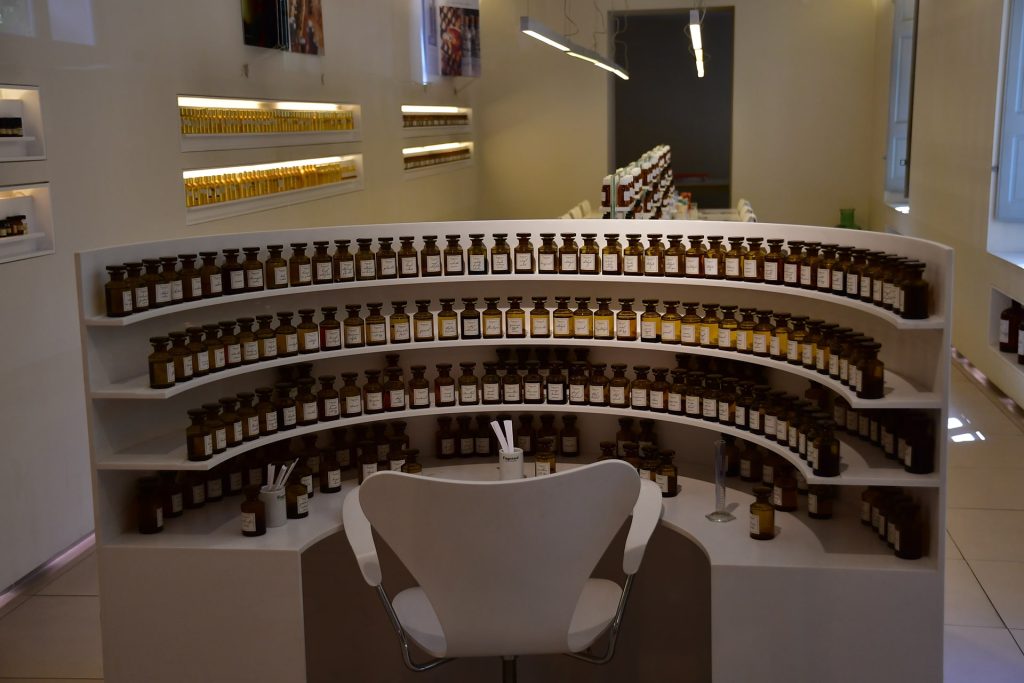
The world’s first-recorded chemist is considered a woman named Tapputi, a perfume maker mentioned in a cuneiform tablet from the 2nd millennium BC in Mesopotamia.
The Persian chemist Ibn Sina (also known as Avicenna) introduced the process of extracting oils from flowers by means of distillation, the procedure most commonly used today. He first experimented with the rose .
The art of perfumery was known in western Europe from 1221, taking into account the monks’ recipes of Santa Maria delle Vigne or Santa Maria Novella of Florence, Italy. Between the 16th and 17th centuries, perfumes were used primarily by the wealthy to mask body odors resulting from infrequent bathing. In 1693, Italian barber Giovanni Paolo Feminis created a perfume water called Aqua Admirabilis, today best known as eau de cologne; his nephew Johann Maria Farina took over the business in 1732.

